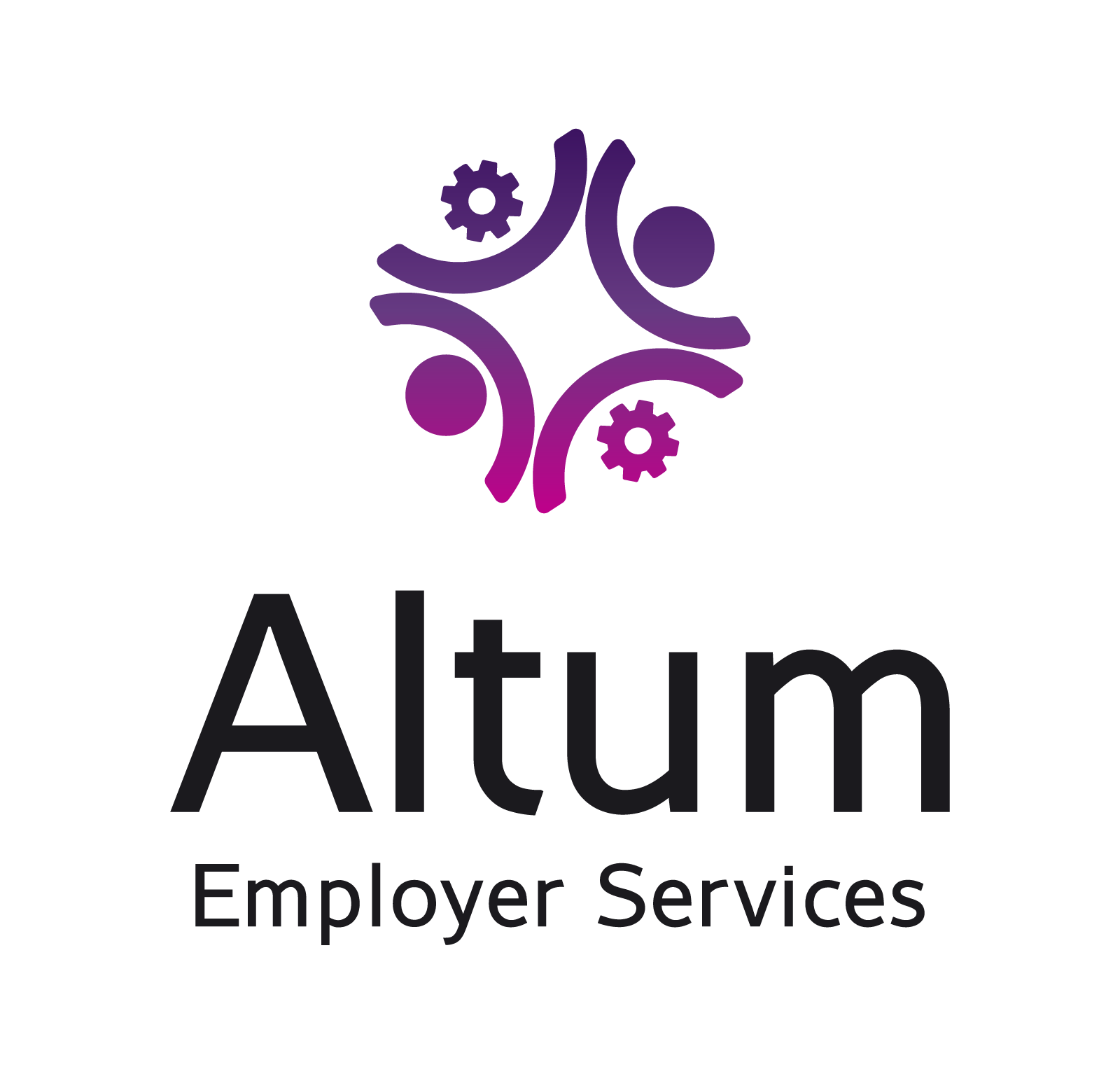Flexible Working – What does it really mean?
According to the gov.uk website “Flexible working is a way of working that suits an employee’s needs, for example having flexible start and finish times, or working from home.”
It seems, however, that what constitutes flexible working differs significantly between employers and so is not that easily defined at all.
So why is there such a negative attitude towards flexible working? Are people being given the option to work flexibly?
This is becoming an increasingly important question at a time when the ability to work with flexibility is of much greater importance and value. Without it, some people are not able to enter paid employment at all.
Look at some of the benefits that flexible working can offer.
The benefits to your employees
- Flexible working options enable more people across the labour market to find and stay in work.
- People are better able to manage care responsibilities and a work-life balance effectively.
- Effectively embedding, monitoring and evaluating flexible working provisions allows people to better manage care responsibilities and a work-life balance effectively.
- Parents and carers benefit the most and will feel an increased sense of wellbeing and less stress and pressure.
- People with disabilities are better able to manage and balance work around their condition and appointments.
Did you know: 87% of people want to work flexibly, but only 11% of jobs are advertised as being flexible?
Flexible working doesn’t only benefit your employees, there are huge benefits to your business as well. Many employers are fearful of embracing flexibility. Are they worried that this will lead to staff being less productive or unable to meet their targets? In fact, the result is quite the opposite!
The benefits to your business
- Makes businesses more responsive to change.
- Quality flexible working options can help organisations attract talent, improve employee job satisfaction and loyalty, and improve well-being.
- Flexible working conditions support businesses who want to contribute towards employee engagement and wellbeing. This results in a more productive and efficient workforce.
- Staff who have a degree of flexibility available to them means that your business will benefit from reduced absence rates.
- By advertising flexible positions, you will be able to attract potentially more attractive candidates; this is especially true for roles with skills shortages.
Did you know: Employees who are offered flexibility at work have a higher level of job satisfaction and commitment. They are more likely to increase discretionary effort compared to those who do not work flexibly?
In an ever-changing world where people are facing more pressures than any generation before them, the acceptance of diversity and the willingness to show flexibility in the workplace is required more than ever before.
The CIPD recognised the need for change and a recently commissioned ‘Megatrends’ report published in January 2019. The report discusses flexible working and the trends shaping work and working lives in 2019. (Click here to read the full report.)
The fantastic report investigates the barriers that are preventing employers from offering flexible working options with an aim to increase the number of opportunities available by drawing together an action plan to move forward. You can view the full report here.
What flexible working options do you offer?
If you feel that you could make improvements to your flexible working options and you’d like to create a robust yet flexible working structure that will work for your business and employees, then please don’t hesitate to get in touch and discuss how Altum HR can help you.
